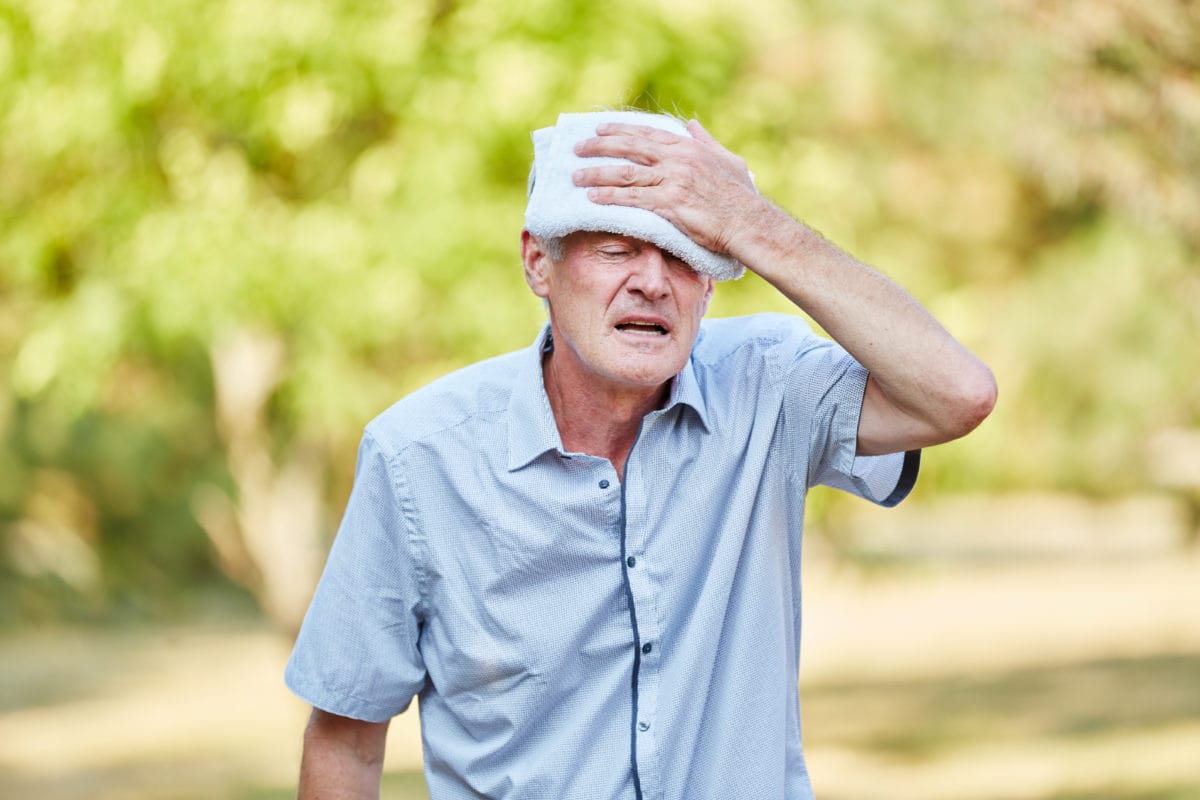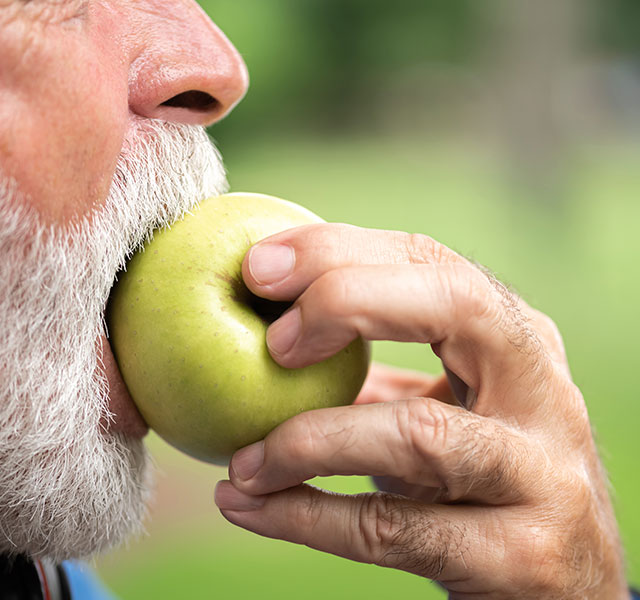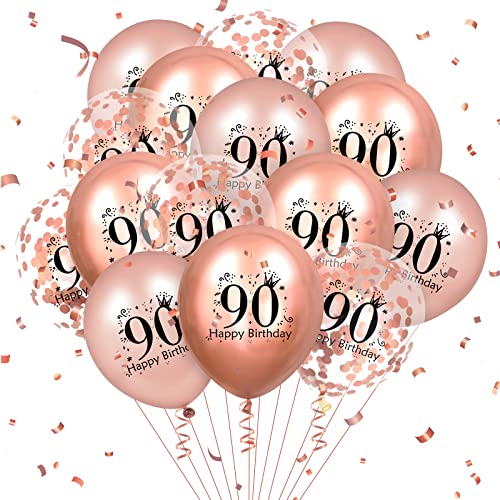I don’t like summer. There. I’ve said it. Seaside, poolside, outdoor activities—not my thing. I hibernate in the summer. An unseasonably hot day in May caused me to miss out on a community Spring Fling arts-and-crafts event I looked forward to all winter.
One reason I don’t fare well in heat is that I carry extra weight. Imagine doing what you like to do in 90-degree weather, wearing a backpack full of bricks. Add in some chafing and perspiration-laced sunscreen dripping into your eyes, and you begin to understand why I’m not playing frisbee on the beach.
As climate change is making summers longer, older adults—even thin gardeners and fit sun-worshippers—need to know about heat-related health challenges that caused 1,577 deaths in the United States alone in 2021. As we age, we can lose the feeling that we’re thirsty, making us less inclined to grab a drink. Medications may have a diuretic effect, or we drink alcohol, coffee or tea, which also promote fluid loss. This, along with perspiration, and even breathing, can leave us dangerously low on the fluids, salt and minerals we need to cool ourselves down naturally.
The two most common risks to the dehydrated are heat exhaustion and heat stroke. Heat exhaustion is your body’s way of saying your fluids are low and your body can’t cool down. Dizziness, fatigue and confusion can be accompanied by muscle cramps, loss of balance, headaches and thirst. Hallmarks of heat stroke are skin that’s not sweating, an elevated body temperature and severe confusion, possibly convulsions. Heat stroke can occur suddenly, without the precursor of heat exhaustion symptoms, and can cause organ failure. Heat stroke should be considered a 911-level emergency.
To prevent these heat-related illnesses, stay hydrated. Mark your water bottle and set a goal, so you can be reminded that you need to drink. Consider a sports drink like Gatorade with salt and minerals to replenish your electrolytes. Always pack more drinks than you think you’ll need. Choose foods that have a high water content, like watermelon or strawberries, that won’t weigh you down and will give you some electrolytes. Stay in the shade or, at the very least, know where to find shade if you start to feel overheated. Dress in breathable, light-colored fabrics. Plan your activities for times of the day or week (or season!) when the temperature is more forgiving.
As for me, you’ll find me in an air-conditioned room until the community Fall Fest comes around in October.

Pepper Evans works as an independent-living consultant, helping older adults age in place. She is the empty-nest mother of two adult daughters and has extensive personal and professional experience as a caregiver. She has worked as a researcher and editor for authors and filmmakers. She also puts her time and resources to use in the nonprofit sector and serves on the Board of Education in Lawrence Township, NJ.



